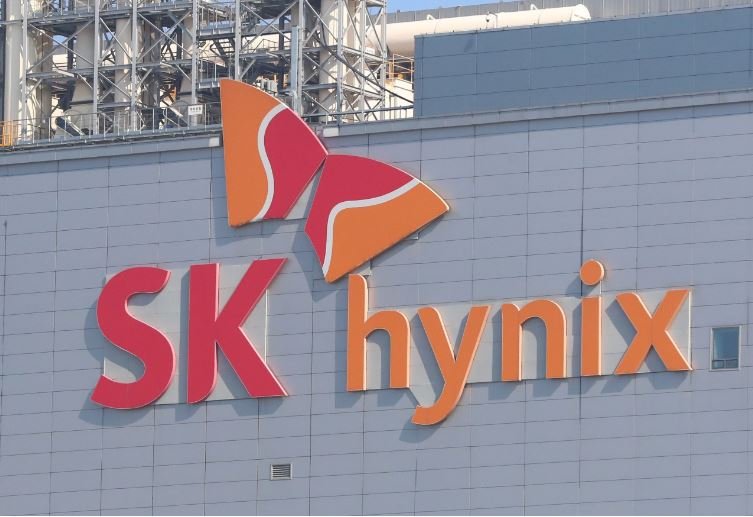
Nvidia supplier SK Hynix's $3.87 Billion Investment in U.S. Chip Facility Boosts Domestic Semiconductor Industry
Key Points:
- SK Hynix plans to establish a packaging fabrication and R&D facility in the U.S. for its next-gen AI chip products.
- The project is set to create around a thousand jobs in Indiana and supports the Biden administration’s push for domestic chip production.
Breaking Ground in the U.S.:
- SK Hynix, a major player in memory chip manufacturing, is investing $3.87 billion in its first chip packaging facility in the United States.
- The announcement was made at Purdue University, Indiana, with state and federal officials present.
Advanced Chip Production:
- Scheduled to begin operations in 2028, the facility will focus on producing high-bandwidth memory chips, crucial for Nvidia GPUs used in training AI systems like ChatGPT.
- SK Hynix’s CEO, Kwak Noh-Jung, highlighted the significance of this move, emphasizing the bolstering of supply chain resilience and the nurturing of a local semiconductor ecosystem.
Job Creation and Research Development:
- More than a thousand new jobs will be generated through this initiative, alongside the establishment of an R&D center to innovate future chip technologies.
Impact of the U.S. CHIPS Act:
- The Indiana facility joins a series of semiconductor investments following the U.S. CHIPS and Science Act’s passage in August 2022, aiming to fortify the domestic chip industry.
- Sen. Todd Young of Indiana expressed enthusiasm, citing the CHIPS Act as a catalyst for such developments.
Growing U.S. Semiconductor Presence:
- Other Asian chip giants, like Samsung and TSMC, have also expanded their footprint in the U.S., with multi-billion-dollar investments in chip fabrication plants.
- Intel recently received up to $8.5 billion in grants from the White House under the CHIPS Act, signaling a concerted effort to boost domestic semiconductor capabilities.
Market Response:
- SK Hynix’s stock surged by over 4% following the announcement, reflecting investor optimism amidst growing demand for Nvidia and AI-related technologies.
